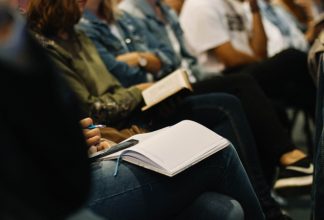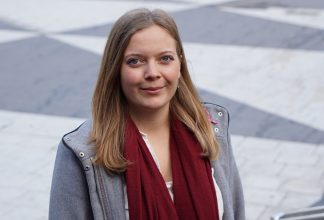Global Governance on the Internet and Social Media
With our news feeds filled with articles about Facebook founder Mark Zuckerberg and Cambridge Analytica, we gathered at the Swedish Institute of Foreign Affairs to listen to a panel discussion on the governance of Internet and social media.
“In recent years, most of us have been made aware of the profound social and political impact of information technologies and social media. As our social and political lives, news consumption and political debate moves to the web and to social media platforms, we are faced with new challenges.” — Ludvig Norman, research fellow at the Swedish Institute of Foreign Affairs and moderator of the talk
The scandal around Cambridge Analytica, a company in possession of personal data from tens of millions of Facebook users, is not the only occurrence that has had the effect of questioning Internet integrity. Big political events such as the US elections and Brexit have both put this issue at the top of the agenda, pointing to the increased use of internet bots, organised trolling, automated networks and fabricated social media accounts. Fabricated news has been spread wide, and the concept of “fake news” is now a term commonly used by the public. As a result, regimes and organisations have been searching for a way to regulate the distribution of information and ways of confirming its authenticity.One example is the Network Enforcement Act in Germany, which prohibits media platforms to distribute or store illegal content. Regulations like this, that are becoming more common, is a change from the previous practice of self-regulation among social media platforms and companies, including giants such as Facebook and Twitter.
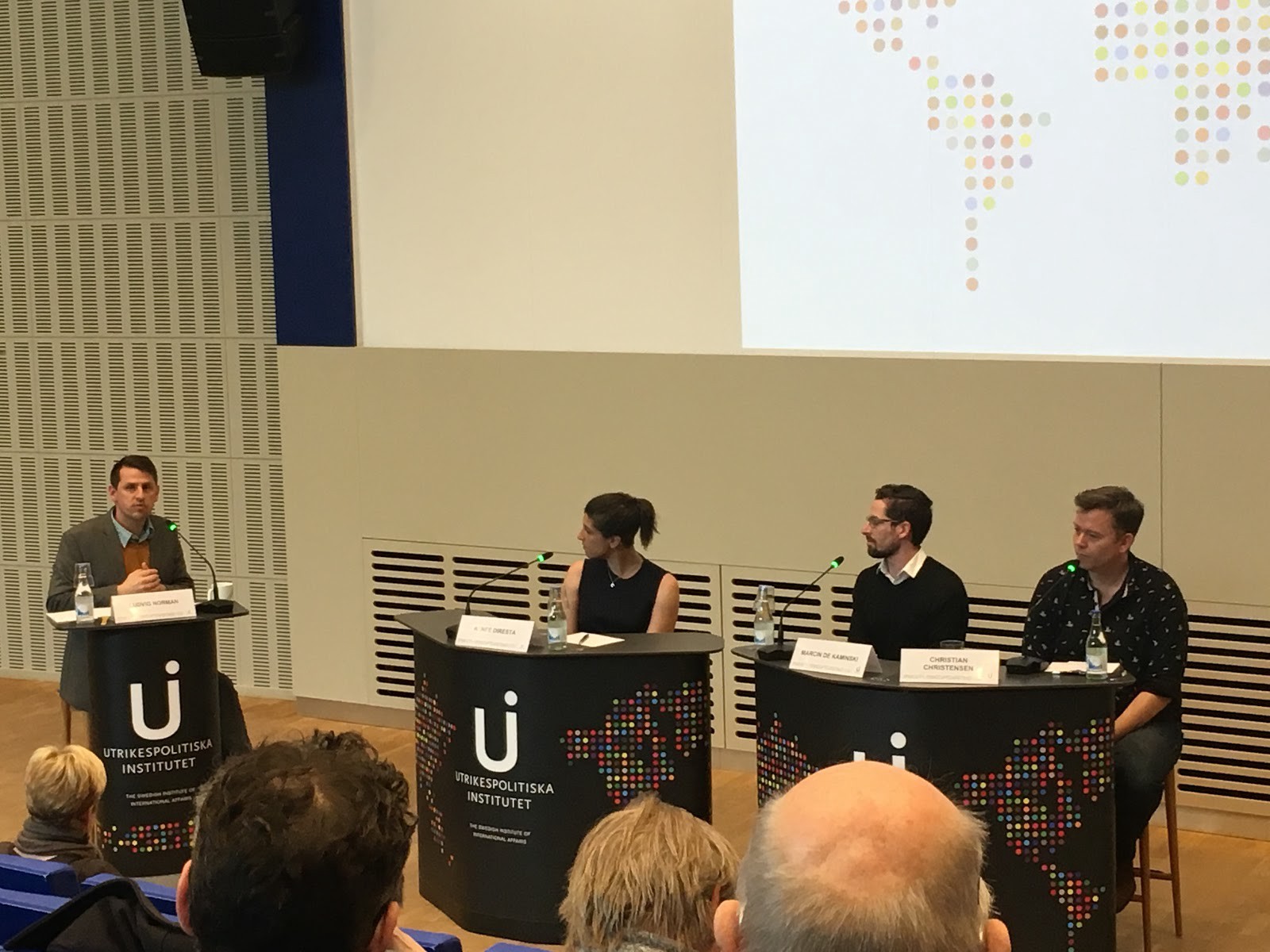
The question at the center of the talk was the dilemma of regulatory action having both positive and negative impacts on democracy. Battling with this multifaceted issue was Renee diResta from Data for Democracy, Marcin de Kaminski, program director at Civil Rights Defenders, and Christian Christensen, professor of journalism at Stockholm University. The use of the internet for free speech, reporting and campaigning for democratic purposes and exercise of human rights were something all panelists agreed on. National regulations might be used to clamp down on civil society, thus infringing on the democratic right to free speech and enhancing the possibility for regimes to limit the public’s access to alternative information. On the other hand, regulation might help with removing hate speech and combat disinformation.
One example of when social media impacted democratic proceedings, is the case of the proposed legislation to limit vaccine opt-outs in California. An event that Renee diResta herself experienced and researched. Renee described how the conversation on social media at the time was almost 100% negative, creating the perception that the citizens of California was leaning towards a “no” on the proposed legislation, while polls showed that 85% of the Californians wanted the proposal to pass.
“So it was a profound difference in what the narrative was on social media versus public opinion as people were responding to polls. Not to say that polls are infallible, but to see that profound of a difference was significant and interesting.” — Renee diResta, Data for Democracy
Renee and her colleagues started researching the hashtag for the bill on social media, and found there to be a change in narrative among the opposition. They also found automatisation and coordinated messaging, what is now known as manufactured consensus. Presenting this research to senators made it less likely that the legislation would be impacted by the manufactured perception they were met with online. This time the bill was passed, but Renee has seen these tactics being used repeatedly on social media. This is one of the reasons why legislation around the internet would be interesting for regimes.
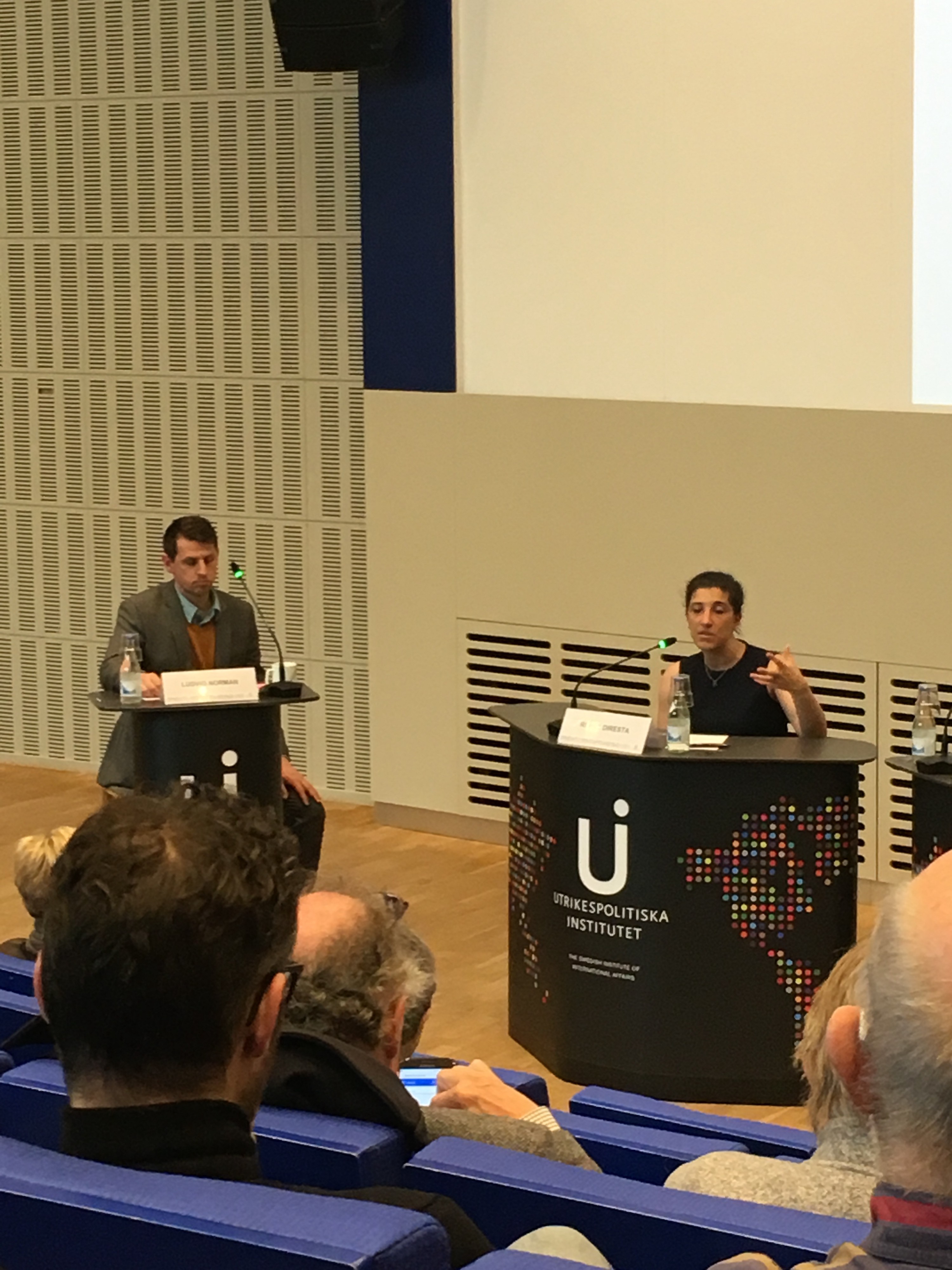
The topic seemed especially important and current since Facebook’s founder and CEO had just been in the US Congress to answer questions regarding the sharing of personal data of Facebook users with private companies. It was an event that was referred to frequently during the UI talk, probably since it visualises the topic of governance and social media in such a tangible way.
National, or international, legislation could help regulate how algorithms are used and personal information is accessed by states and companies. However, as Marcin pointed out, regulation could become a tool for repression. Civil Rights Defenders can see a development where autocratic states, or semi-autocratic states, are becoming more and more adept in using the internet and social media to their advantage. One such example is Turkey*, where prosecutions and imprisonment of journalists have reached unprecedented levels since the attempted coup of July 2016.
While members of the independent media are becoming victims of assaults, arrests and intimidation, the government owned and controlled media are conducting regular smear campaigns and labeling human rights defenders as “agents of foreign forces”, or “terrorist lovers”, creating a discourse that criminalises those who exercise their right to freedom of expression to enhance human rights. Christian chimed in saying that the state method of labeling something as fake news is an efficient way to discredit journalism. He posed the important question of who is going to make the judgement call on what high quality journalism is?
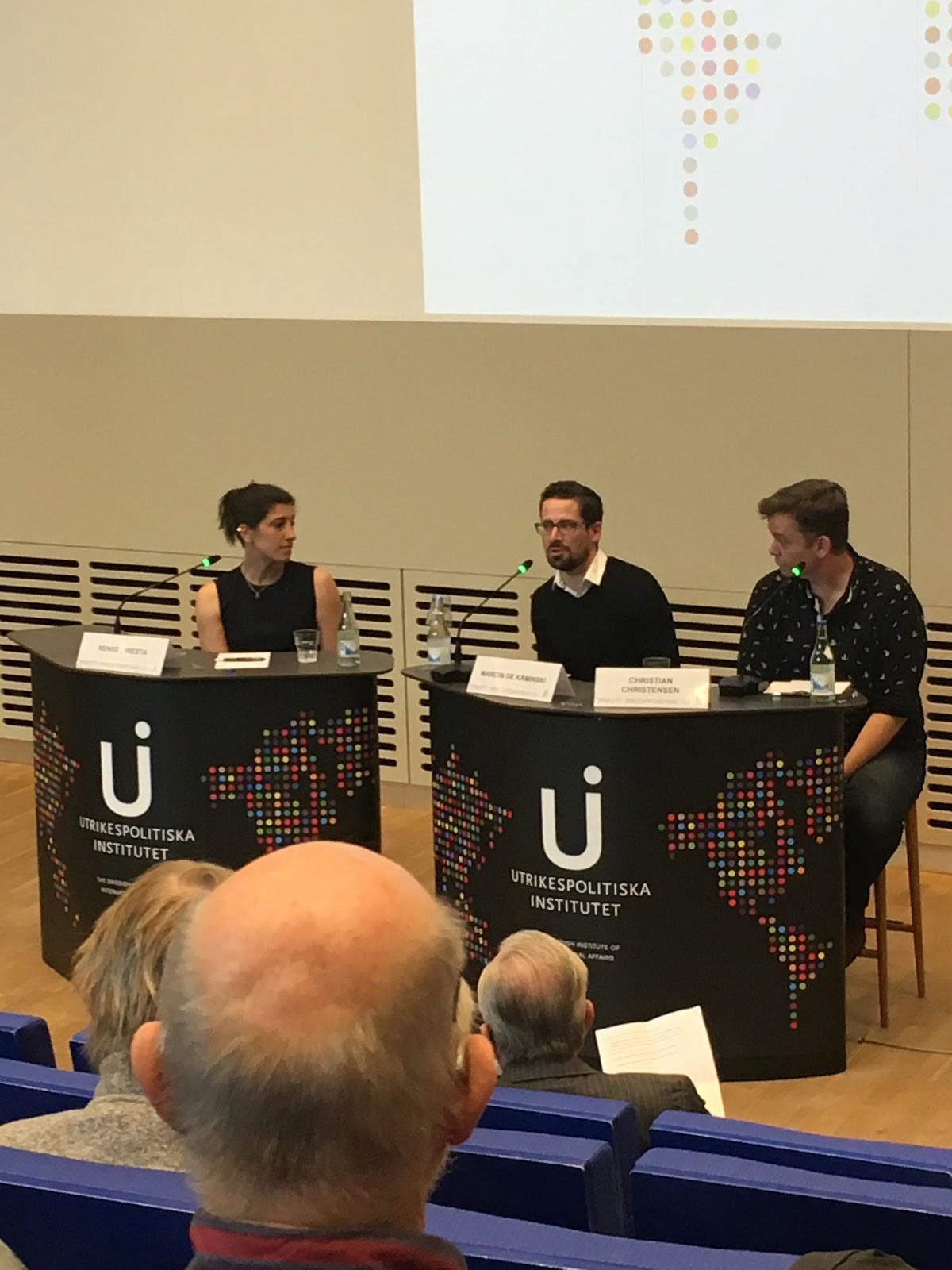
The seminar left a lot of questions unanswered, and it felt as if we only started to scratch the surface. First of all, there is a clear difference in legislation of media companies and media platforms, with the former having clear established regulations and the second not being accountable in the same way, since they are not regarded as content creators. Nonetheless, media platforms have become international, and might therefore be an issue for an international body to legislate around. Such a legislation would have to take into consideration usage and populace in both democratic and autocratic states. The panel also pointed out that we need to better understand social media platforms before we start proposing solutions. Second of all, companies might be interested in decreasing the possibility for social media platforms to self-regulate, creating a more stable environment for their products, as Renee suggested. Nonetheless, we also need to think of finding a good way to talk about the issue of internet regulation among the general public. The use of the internet and social media is so vast and widespread, with everyone of us affected in some way, however few of us know what is really going on.
After the talk the Innovation Initiative had a chance to sit down with Christian Christensen to further dive into the topic of internet regulation. First of all, does it have to be all or nothing? Either international legislation or corporate self-regulation? No, Christian sees another opportunity, namely to legislate around personal information and privacy, while content could be less regulated. This means setting rules for how social platforms share user information with third parties, how algorithms are managed, and asking users for consent. But Christian also pointed out how important it is not to place too much responsibility on users. Social media platforms and other internet forums should make it easy for users to view their privacy settings, and to adjust them to their own liking.
Users of social media platforms like Facebook and Twitter are spread across the world, and belong to many different nationalities and use the platforms differently. A possible legislation around the use of these platforms would have to take all these different users into consideration. The Innovation Initiative asked Christian if it would be possible to adjust legislation for different groups, that is, go further than limiting legislation to national bodies and populations. He said that it would open up for too many questions and judgement calls on chosen distinctions and that it would be impossible to do in the end, since no group is fully homogeneous. Regulation however needs to be uniform, even though people are not.
Free speech, quality journalism and reporting are to be considered cornerstones of a democratic society. It is part of a long-term strategy to enhance human rights and keep authorities accountable. It should be emphasised as much as free and fair elections. But what happens when media platforms are used to further another agenda? Is legislation the way to go to stop events like the one in California from happening, or will it create legitimacy for repressive acts like those in Turkey? One thing is for sure, the discussions will continue.
To listen to the full talk, please click here.
- To read more on Turkey, kindly click here to read Civil Rights Defenders newly published country report.
